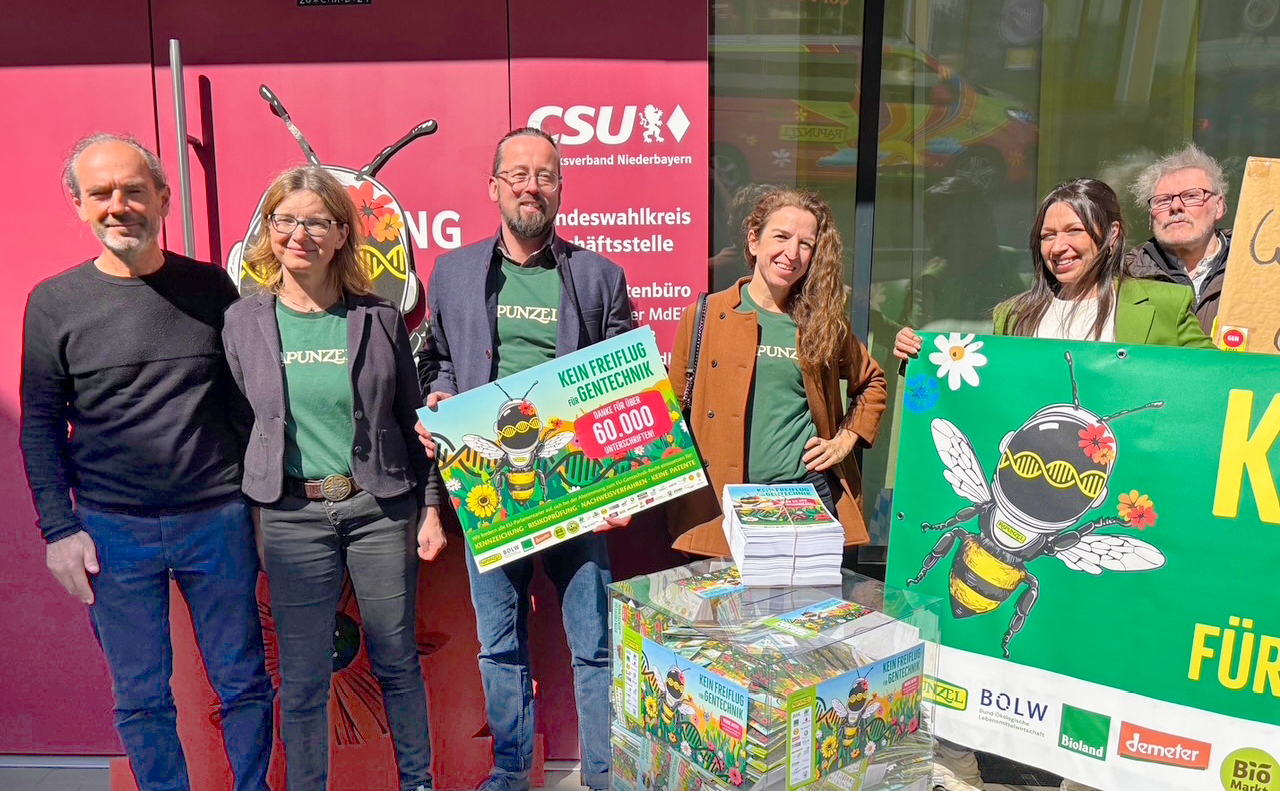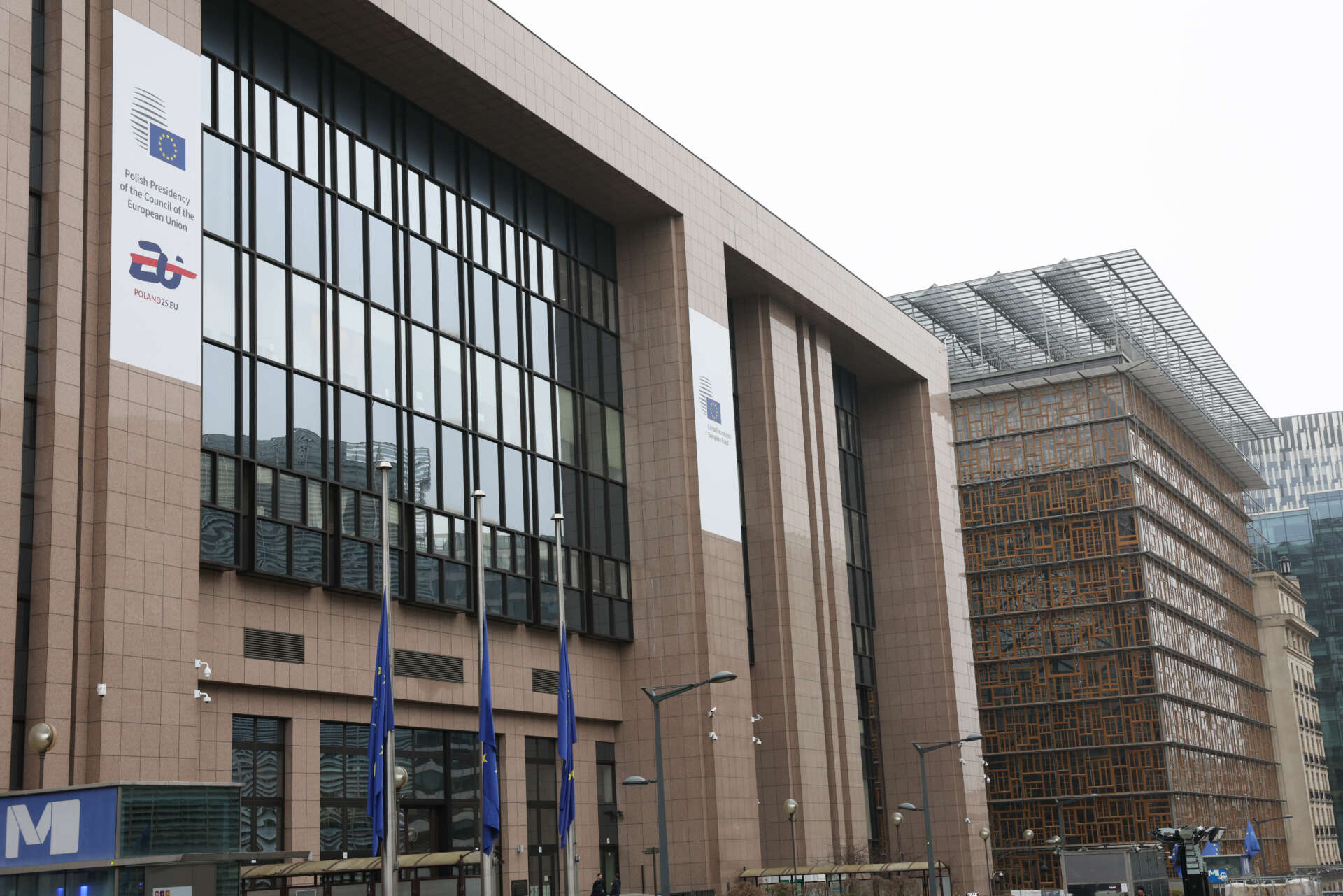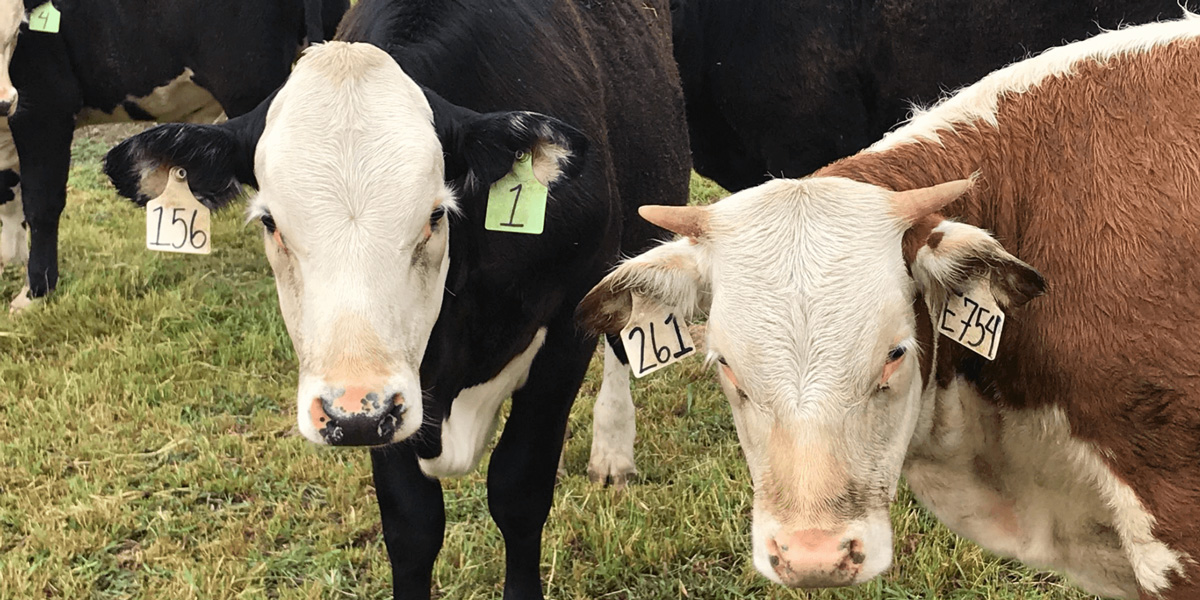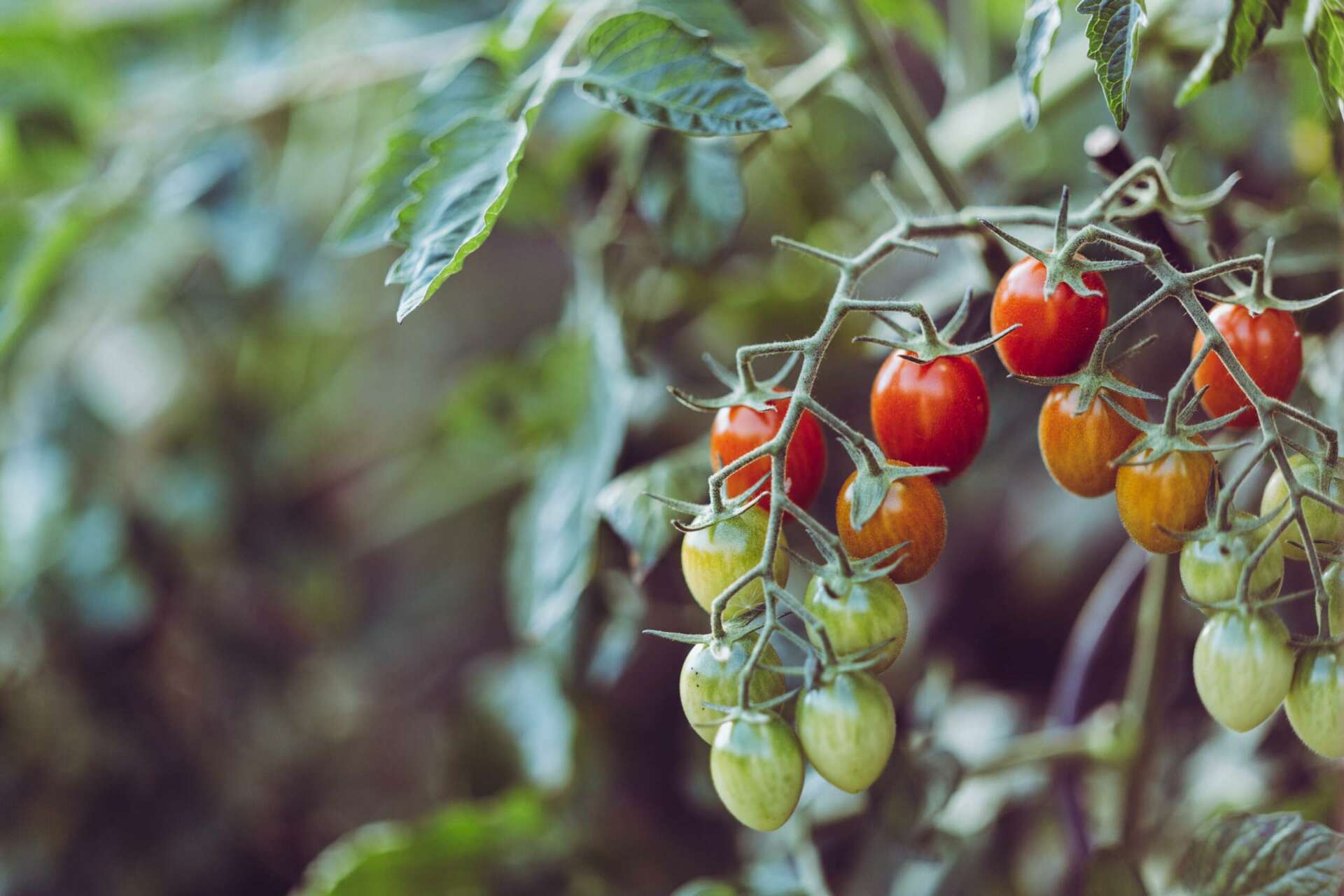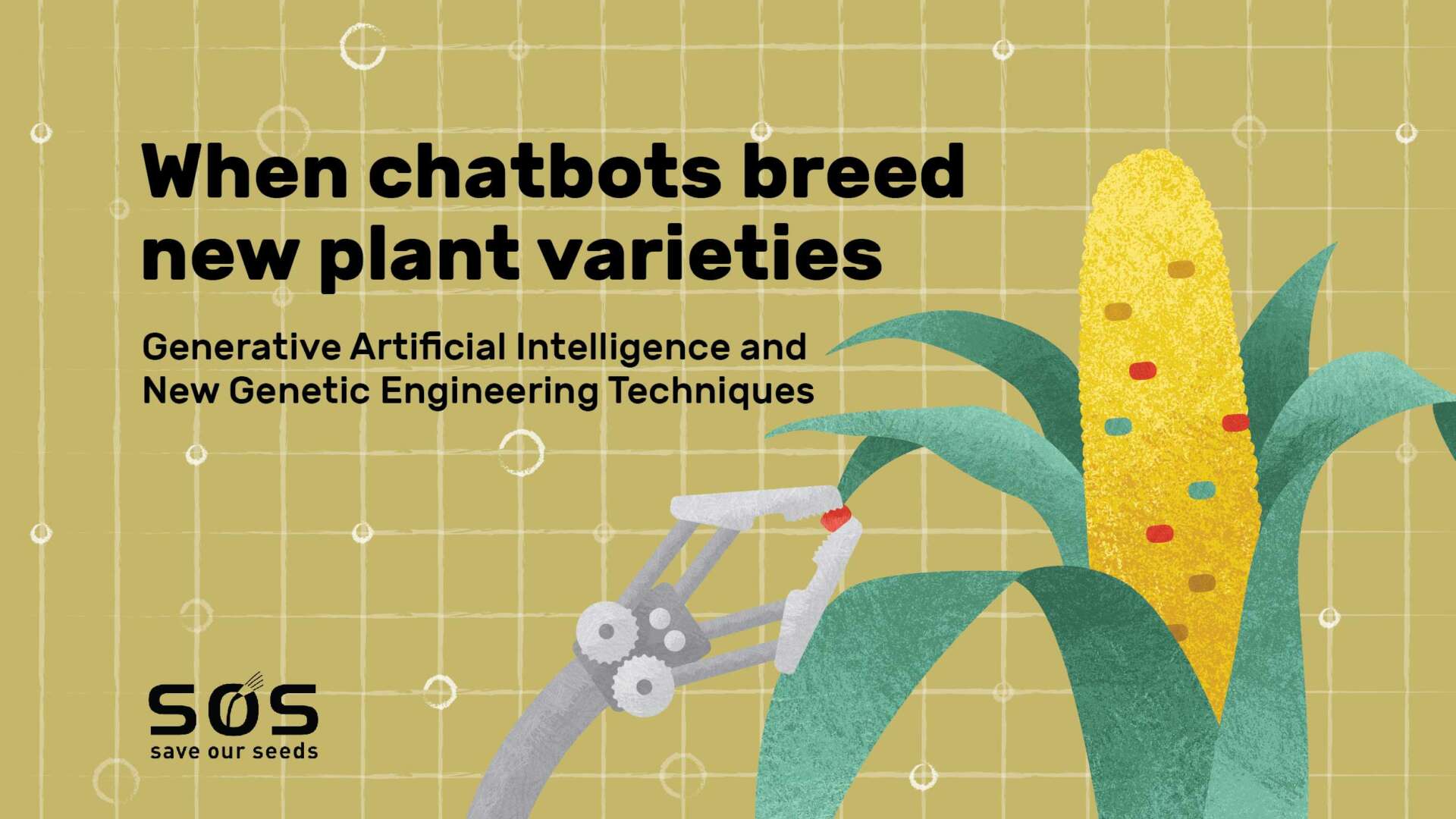Proposals to relax EU GMO laws could violate international law, according to a new legal opinion. The planned EU law on “new genomic techniques” (NGT) may be incompatible with the Biosafety Protocol of the UN Convention on Biological Diversity.


